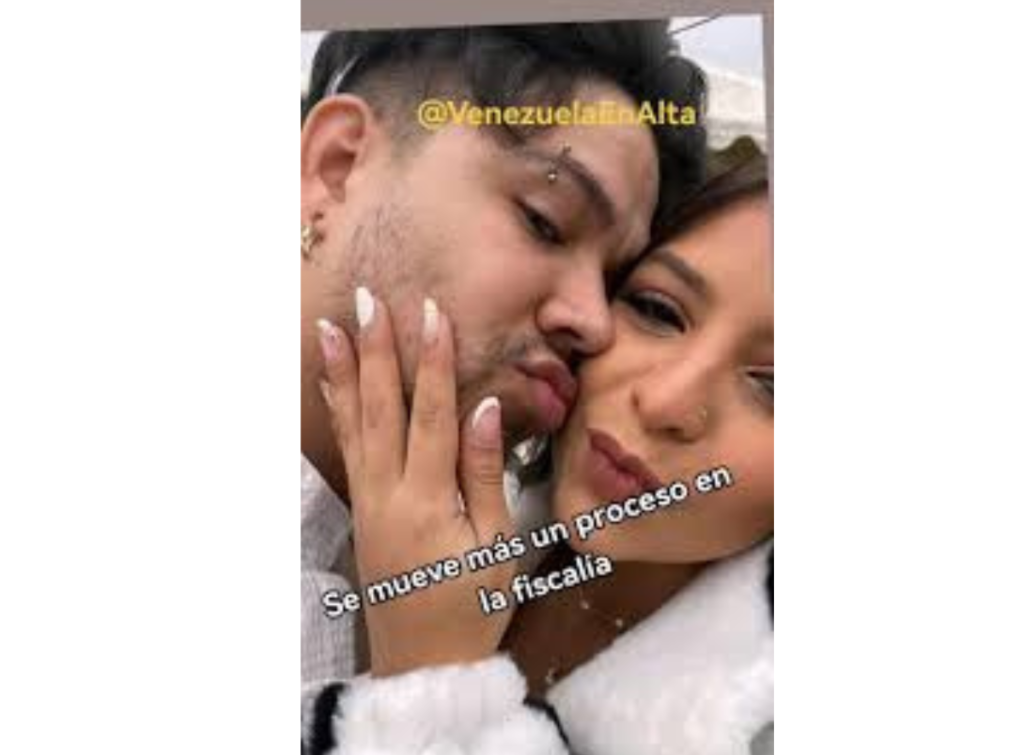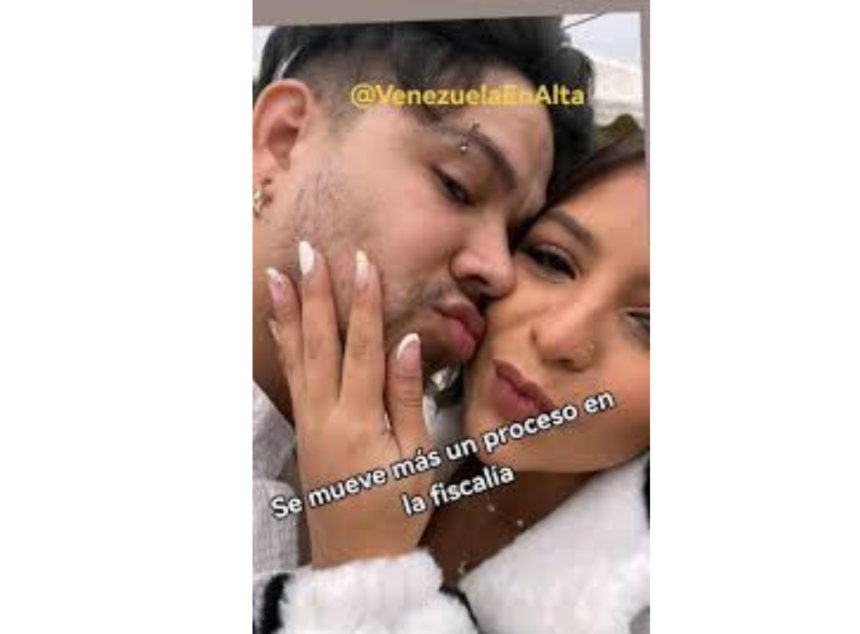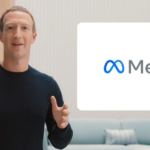
click here to watch
The internet is no stranger to viral moments, but the latest video involving “Yaisely y Kevin de Luz” has sparked intense debate and controversy. Often referred to as the “Video Porno de Yaiselys de Luz,” the clip has spread rapidly across social media platforms like Twitter, TikTok, and Reddit, drawing significant attention. As with many viral videos of this nature, questions about privacy, consent, and the ethics of sharing explicit content online have come to the forefront.
This article explores what is known about the video, the public’s reaction, and the broader implications for privacy and responsibility in the digital age.
What is the Yaisely y Kevin de Luz Video?
The “Yaisely y Kevin de Luz” video appears to be an explicit clip featuring two individuals, Yaisely and Kevin, engaged in intimate acts. Leaked without clear consent, it quickly gained traction on social media, sparking a mix of curiosity and outrage. As with many such instances, it remains unclear how the video was leaked or whether those involved agreed to its distribution. This uncertainty has ignited ethical debates, with many condemning the breach of privacy and others grappling with their curiosity.
The situation highlights the complex intersection of personal boundaries and public consumption in the digital age. While the internet often reacts quickly to viral content, the privacy violations and potential harm inflicted on those involved are frequently overlooked.
The Spread of the Video
The rapid spread of the video underscores the viral nature of modern social media. Platforms like Twitter, TikTok, and Reddit thrive on trending topics, and the video involving Yaisely and Kevin quickly became one of the most discussed subjects online. Hashtags related to the video trended for days, and countless users sought it out, either driven by curiosity or scandal.
However, this virality also reflects a darker side of social media: the ease with which intimate content can be disseminated without the consent of those involved. The anonymity and rapid sharing capabilities of these platforms often mean that such videos gain a massive audience before anyone has the chance to address the privacy violations that have occurred.

Social Media Reactions
Reactions to the “Yaisely y Kevin de Luz” video have been mixed, reflecting a divide in public attitudes towards privacy and consent. Some users have shared and joked about the video, seemingly indifferent to the ethical concerns surrounding its leak. On platforms like Twitter, memes and parodies quickly surfaced, using the video as fodder for entertainment. However, this approach has drawn criticism, as it trivializes the harm caused by the unauthorized release of private content.
Conversely, a growing number of users have spoken out against the video’s spread, urging others to respect the privacy of Yaisely and Kevin. These voices emphasize the importance of consent, reminding the public that the availability of content online does not equate to ethical permission to view or share it.
Privacy and Consent in the Digital Age
The release of the “Yaisely y Kevin de Luz” video has reignited conversations about privacy and consent in the age of social media. With the ubiquity of smartphones and the ease of sharing on digital platforms, it has never been easier to capture and disseminate moments from our lives. However, this convenience also poses significant risks, especially when it comes to private or explicit content.
Leaking private videos without consent is not only an invasion of privacy but can also cause lasting emotional and reputational damage to those involved. Despite the harm, there remains a significant audience for such content, often without consideration of the ethical implications or the distress it may cause to the individuals depicted.
The Importance of Ethical Online Behavior
The “Yaisely y Kevin de Luz” video serves as a stark reminder of the need for ethical behavior online. While viral content can be tempting to engage with, especially when it involves scandal or controversy, it is crucial to remember that real people are affected by these actions. Respect for privacy and consent should always be paramount, particularly when dealing with sensitive or explicit material.
As participants in the digital world, we all bear a responsibility to critically assess the content we consume and share. Just because something is accessible online does not mean it was intended for public viewing. By avoiding the sharing of leaked videos, we can help reduce the harm inflicted on those whose privacy has been violated.
Conclusion
The “Yaisely y Kevin de Luz” video has become a viral sensation, but it also raises pressing questions about privacy, consent, and the ethical responsibilities of online communities. While the temptation to seek out such content can be strong, it is essential to consider the potential harm caused by engaging with and distributing videos that were never meant for public consumption.
In our increasingly connected world, where privacy can easily be compromised, it is more important than ever to think critically about our actions online. By fostering a culture of respect and responsibility, we can help create a safer and more compassionate digital environment that values the privacy and consent of every individual.
Yaisely y Kevin de Luz videoViral leaked videosPrivacy and consent onlineEthics of sharing explicit contentSocial media privacy issuesOnline privacy violationViral video controversyDigital age privacy concernsLeaked video ethicsImpact of leaked videos









